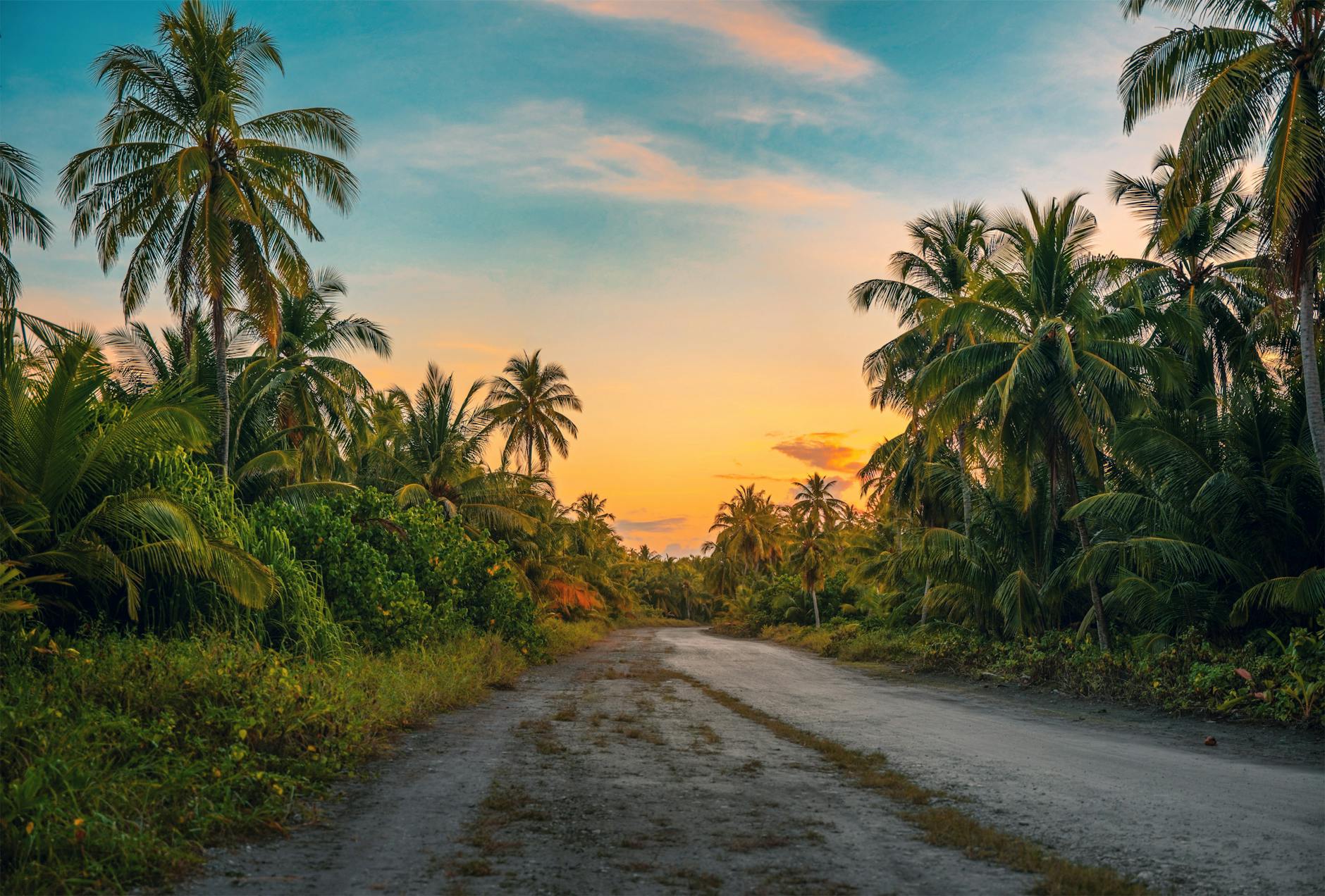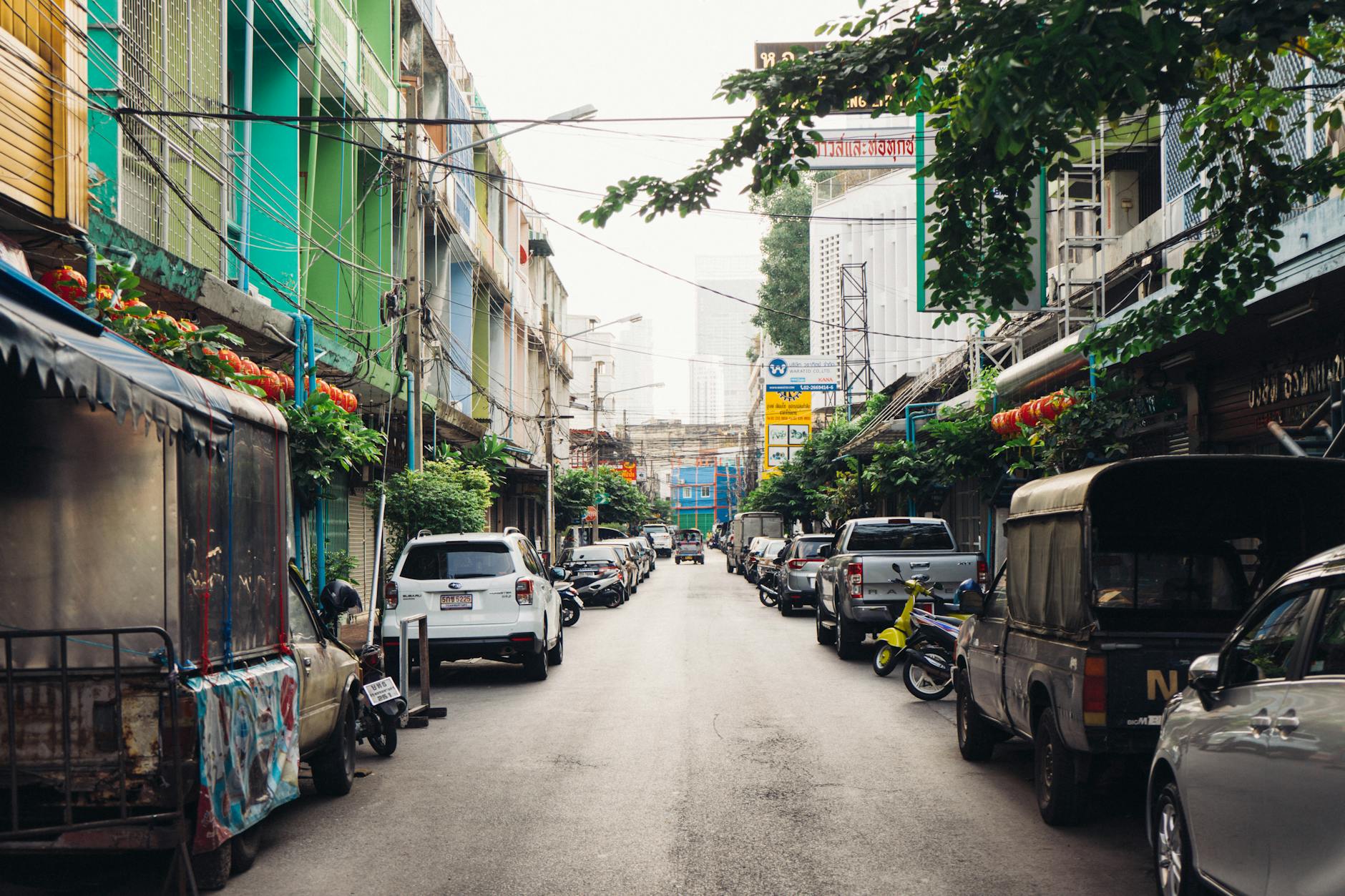Why Responsible Travel is Essential for Australia's Conservation Efforts

Impact of Travel on Ecosystems
Tourism can significantly affect our natural landscapes, and the impact is particularly visible when it comes to ecosystems like those found during machu picchu tours. These natural wonders attract visitors worldwide, leading to concerns that resonate with those raised at places like the Royal Botanic Garden Sydney. Here, visitor traffic must be monitored to prevent damage, highlighting the delicate balance required to preserve such environments.
Direct Effects on Wildlife
Tourists can unintentionally disturb wildlife, leading to stress and behavioral changes. The presence of humans often disrupts natural activities such as feeding, mating, and nesting. This is an issue noted across various popular travel spots, including Machu Picchu and during antarctic tours, where certain routes have now been restricted to preserve local species.
Habitat Degradation Concerns
Moreover, excessive foot traffic can cause erosion and vegetation loss, altering habitats. This is evident in many south america tours destinations, where trails have suffered from overuse. The efforts in places like the Royal Botanic Garden Sydney to educate visitors about plant preservation provide a useful model for managing and safeguarding these delicate areas.
Influence on Local Communities
The influx of tourists can also affect local communities, sometimes positively but often negatively if not managed sustainably. Economic benefits must be weighed against cultural disruption and resource strain. Learning from these impacts can inform strategies to create mutually beneficial interactions, ensuring that local populations thrive alongside their natural environments.
Benefits of Responsible Travel
Supporting Conservation Projects
In today's environmentally conscious society, responsible travel plays a pivotal role in supporting conservation projects. When we choose destinations that align with sustainable values, like certain south america holidays, our travel can contribute significantly to vital environmental initiatives. For example, participating in tours that actively promote biodiversity, such as those offered in the Amazon, supports local ecosystems by funding crucial research and conservation work. This not only helps protect wildlife but also ensures that these natural habitats remain intact for future generations to appreciate.
Promoting Sustainable Practices
Embarking on journeys with eco-friendly tours, like south american tours, is essential in promoting sustainable practices. These tours often implement measures that reduce the carbon footprint and emphasise the importance of preserving the local environment. For instance, many tours focus on minimising waste, utilising green energy sources, and supporting local businesses that adhere to eco-friendly standards. By engaging with these tours, travellers help advocate for broader market shifts towards sustainability.
Enhancing Environmental Awareness
Participating in educational travel experiences, such as Arctic cruises, offers a unique prospect to enhance environmental awareness. These trips typically include expert-led discussions and seminars, much like those at the Australian Museum. Such experiences enable travellers to gain a more profound understanding of the ecosystems they visit, fostering a connection that often inspires personal responsibility towards environmental conservation. Through these informative journeys, travellers return home as informed advocates for sustainable travel and climate action.
By embracing responsible travel principles, we contribute meaningfully to the planet's well-being while enriching our own understanding and appreciation of our natural world.
Responsible Travel Strategies
Eco-friendly Transportation Choices
When planning travel, selecting eco-friendly transportation options is crucial to reducing your environmental impact. Opt for methods that minimize emissions, such as trains or buses, when feasible. If air travel is necessary, choose flights with the least carbon emissions or consider carbon offset programs. Such deliberate choices not only contribute to sustainability but also align with central america travel goals. Reducing your carbon footprint is a practical step towards ensuring that the ecosystems you visit remain preserved for future generations.
Local Cultural Involvement
Engaging with local cultures is key to responsible travel. Participate in community-led tours and select accommodations that support local economies. By doing so, you respect and enrich the lives of those who preserve these rich, diverse cultures. This strategy provides meaningful travel experiences while fostering a sense of global community. Remember, your travels should be as much about connection as conservation.
Waste Minimization Tactics
Effective waste management is vital while travelling. Use reusable water bottles and bags, and avoid single-use plastics whenever possible. Instead of relying on disposable products, opt for alternatives that are environmentally friendly and locally sourced. While visiting a treasured site like the Galapagos Islands Tours, be mindful of your waste disposal to maintain the beauty and ecological balance of these regions. Every small action counts, and together, they lead to significant positive impacts on the environment.
Visiting places like the Sydney Observatory's climate exhibitions can offer deeper insights into sustainable practices, empowering you with the knowledge to make more informed travel choices.
Australia's Unique Challenges
Biodiversity Hotspots at Risk
Australia's diverse ecosystems are home to some of the world's most unique species, many of which are found nowhere else on Earth. Yet, these biodiversity hotspots face significant threats from habitat loss and climate change. Areas like the Daintree Rainforest are under intense pressure, necessitating urgent conservation efforts. Eco-minded professionals often explore sustainable travel options, such as central america tours, to draw parallels and inspirations for conservation strategies.
Climate Change Impacts
The Australian environment is feeling the brunt of climate change, with observable shifts in weather patterns and extreme events like bushfires. These alterations have devastating effects on both local flora and fauna. The Royal Botanic Garden Sydney's climate exhibits often underscore these changes, offering data-driven analyses to the public. Learning from these insights can inform sustainable tourism practices that mitigate environmental impacts, such as opting for antarctica cruises focused on education and minimal ecological footprint.
Indigenous Land and Conservation
Australian Indigenous communities have a profound connection to their land, offering valuable insights into sustainable practices honed over thousands of years. However, these lands are increasingly threatened by unsustainable tourism and development. Collaborating with Indigenous groups to preserve these areas is vital. Recognizing their knowledge through inclusive conservation policies can enhance resilience and ecological integrity, ensuring these lands are safeguarded for future generations.
Common Missteps in Eco-Travel
Misjudging Carbon Footprint
In my years as a dedicated advocate for eco-friendly travel, I've observed that many travellers underestimate their carbon footprint. By not accounting for the impacts of air travel, accommodation, and even dining, individuals can inadvertently contribute significantly to environmental degradation. Data from the Sydney Observatory's climate exhibitions reveal that aviation alone can account for up to 75% of a trip's emissions. To counter this, consider opting for rail or other lower-emission transport means when navigating through Australia.
Overlooking Local Guidelines
Far too often, travellers neglect the importance of local conservation guidelines, a lapse that can have far-reaching ecological consequences. Our beloved Royal Botanic Garden Sydney, for instance, has implemented specific practices for visitors to follow in order to protect its diverse flora. Yet, failing to adhere to these guidelines can lead to unintentional harm to the environment. I urge eco-conscious visitors to always consult local conservation advice, ensuring their travel footprint doesn’t undermine ongoing preservation efforts.
Neglecting Long-term Sustainability
Finally, while the initial enthusiasm around sustainable travel practices is commendable, there's a tendency to overlook long-term sustainability benefits. Travellers attracted to flashy short-term initiatives may ignore more impactful, consistent contributions. For example, the Australian Museum showcases how continued support of local conservation projects results in measurable positive outcomes. A long-term vision is crucial—consistent contributions significantly aid in offsetting the environmental challenges posed by frequent tourism activities.


